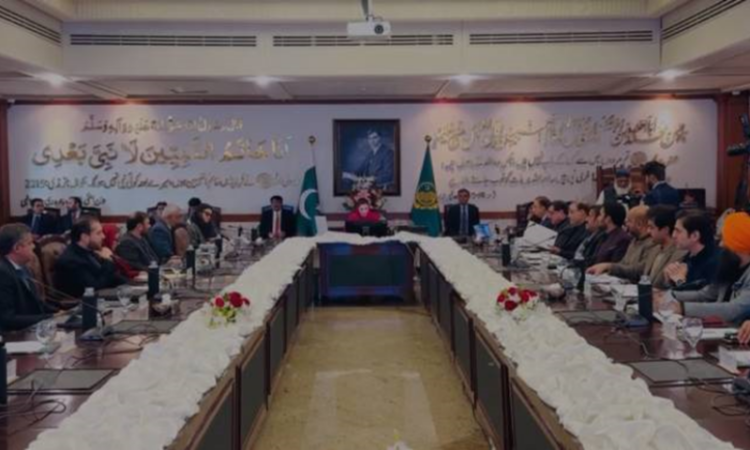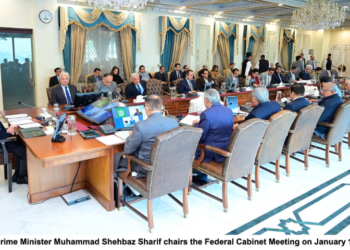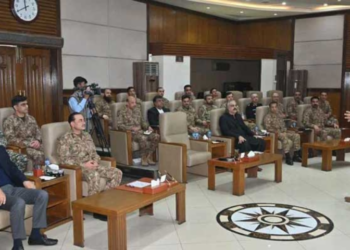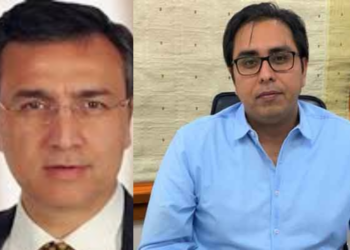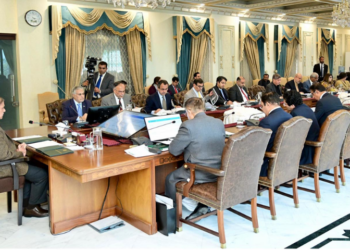Lahore, January 14, 2025: The Punjab cabinet, led by Chief Minister Maryam Nawaz Sharif, held its 22nd meeting and set a historic precedent by addressing and approving 91 agenda points in a single session. The meeting marked significant legislative and administrative progress aimed at fostering socio-economic growth and addressing pressing challenges in the province.
A landmark decision was the approval of the Punjab Hindu Marriage Act, Registration Rules 2024, providing legal recognition for the Hindu community for the first time in Punjab’s history. With an emphasis on tackling climate change, the Chief Minister directed emergency measures to boost cotton production and mitigate the impact of climate-induced reductions in sugarcane yields.
Transportation reforms included the launch of a province-wide vehicle registration campaign, the imposition of a 60 km/h speed limit for motorcycles, and mandatory inspections for motorcycles after 12 months to ensure road safety.
The cabinet also launched the Punjab Easy Business Finance Scheme, offering startups and small businesses interest-free loans of up to Rs. 3 crore along with free land allocations under the CM Punjab Easy Business Card initiative. A comprehensive electric vehicle policy was approved, with plans to establish charging stations across the province.
Education initiatives were celebrated, including the expansion of the Honahar Scholarship Program with increased laptop distributions and new recruitments in the special education sector to support differently-abled students.
Healthcare saw a major advancement with the establishment of the Nawaz Sharif Institute of Cancer Treatment and Research. Additional funding was allocated for the Punjab Chief Minister Special Initiative for Dialysis Program to enhance medical services for kidney patients.
The cabinet also expanded the Kisan Card initiative to benefit farmers, providing increased cash limits and green tractors. A special court was approved to resolve property-related matters for overseas Pakistanis, ensuring swift justice.
In a move preserving heritage, the cabinet rejected a proposal to rename Gaddafi Stadium. Financial assistance for indigent journalists was increased, and new recruitments in forestry services were approved to bolster environmental conservation efforts.
Chief Minister Maryam Nawaz Sharif’s leadership and vision were evident in the decisions, reflecting a comprehensive approach to governance aimed at transforming Punjab and improving the lives of its people.



